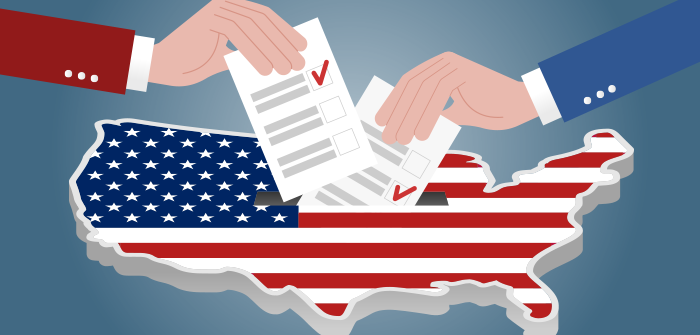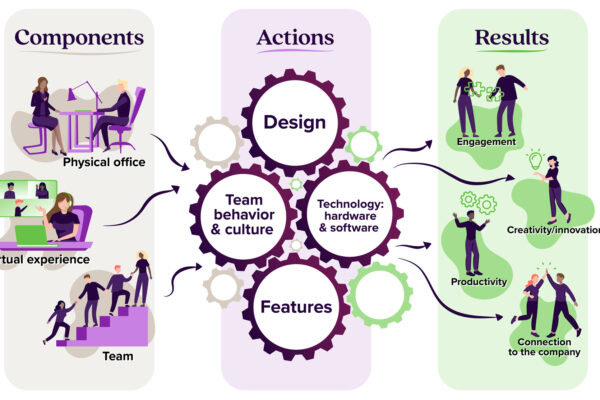
Decisions are emotional—in politics and in marketing
Whether or not you’re a passionate political junkie, this year’s presidential race has evoked some kind of feeling within you. While many people would argue that staying informed about the election is our duty as a citizen, there is much to be learned from a marketing perspective, too.
A few years ago, neuroscientist Antonio Damasio showed that the act of making a decision is emotional. Damasio studied people with damage to the part of the brain that is involved in generating emotions. The subjects were otherwise perfectly normal. Interestingly, in addition to not feeling emotions, the subjects also could not make a decision! We’ve known in advertising for some time that we could increase sales when we tap people’s emotions, and it’s interesting that cognitive science is backing us up.
Like advertisers, politicians intrinsically understand the emotional component to decision making. We’ve witnessed each candidate attempt to appeal to his or her constituency’s emotions over the past year or more. Whether it’s the fear of terrorism, the love of our children, or the desire to live the “American Dream.” candidates tap how citizens feel to influence their decisions.
Fear is a strong emotion to trigger. It’s also effective in the decision-making process. In an article for the American Psychological Association, Sadie Dingfelder references a study that found that “campaign ads that the make people feel fear – with ominous music and grainy images of drugs and violence – caused people to seek more information and remember more facts from a newscast aired afterward.” This is powerful!
How does emotional decision-making translate into action points for marketers? The battle of facts versus feelings is something that firms across all industries deal with every day. Many business-to-business firms, especially, often presume that facts and figures should be all a buyer needs to make a decision to purchase a product or use a service. However, cognitive science reaffirms the opposite year after year.
In an article for the Harvard Business Review entitled “The New Science of Customer Emotions”, the authors suggest that “emotional motivators” are key to driving buyer behavior. For example, how can companies appeal to a buyer who wants to “stand out from the crowd”? The article suggests that helping that buyer “project a unique social identity, or be seen as special” is the key.
Think of Apple and the iPhone – most iPhone users will always be iPhone people because they believe it makes them special (and your author admits membership in that club). The iPhone looks, feels, operates and is marketed differently than competing Android devices. It feels exclusive when compared to the many Android options on the market. Other high-tech companies do the same thing, especially when recruiting. With the strong market for computer scientists, for example, Google, Facebook and other Silicon Valley firms are competing with each other for the most different and over-the-top office environments and benefits.
Now, I’m not trying to say that data and statistics mean nothing, because they are important (especially to our own Uncork-it data scientist). As marketers, we know our products are extraordinary, and we have the numbers to back it up, by golly! But emotions are more powerful when driving buyer behavior. Yes, even for technology or engineering firms.
Remember that trust is a feeling — let’s call it the King of Feelings! If you can capitalize on a buyer’s need to trust you, you have a good chance to capture their business if all other needs are met. That’s what we’ve watched the nominees from both parties attempt as they pursued the presidency. Whoever was most successful will likely win the Oval Office today. As marketers, if we can appeal to all of the appropriate buyer emotions, they might just have to play “Hail to Chief” for us, too!


